Maintenance of Wakefulness Study
The Maintenance of Wakefulness Test (MWT) is used to measure how alert you are during the day. It shows whether or not you are able to stay awake for a defined period of time. This is an indicator of how well you are able to function and remain alert in quiet times of inactivity.
The test is based on the idea that your ability to stay awake may be more important to know in some cases than how fast you fall asleep. This is the case when the MWT is used to see how well a sleep disorders patient is able to stay awake after starting treatment. It is also used to help judge whether a patient is too tired to drive or perform other daily tasks.
The test isolates you from outside factors that can influence your ability to fall asleep. These factors include such things as the following:
Temperature (too hot or too cold)
Light
Noise
Activity
Other factors that can still affect the study include the following:
Anxiety
Tension
Depression
Age
Caffeine
Drugs and medications
Amount of sleep prior to the study
You may need to refrain from having any of the following substances before or during the test:
Tobacco
Caffeine
Medications
The maintenance of wakefulness test is given during the daytime. The MWT usually follows an all-night sleep study. The MWT consists of a series of 40-minute trials, during which the patient tries to stay awake. The test is given every two hours throughout the day, with each trial lasting about 40 minutes. During each trial, sensors and electrodes record data on body functions (heartbeat, breathing, etc.)
If you are scheduled for an MWT test following your all-night sleep study, please bring something to read, work on or watch during the day to help keep you occupied between trial periods. In order for the testing to be accurate, patients must remain awake between trials. A TV and VCR are provided in each room. Please feel free to bring in your own videos to watch in-between naps. The MWT testing is usually completed between 5:00 and 6:00 p.m. on the day following the all-night sleep study.
